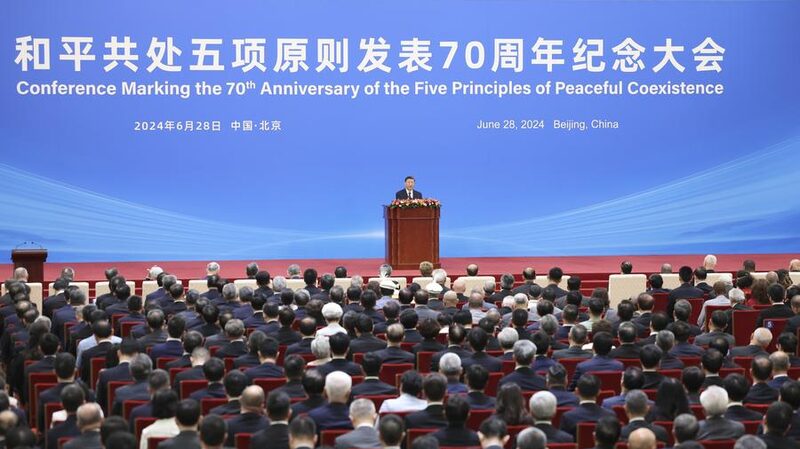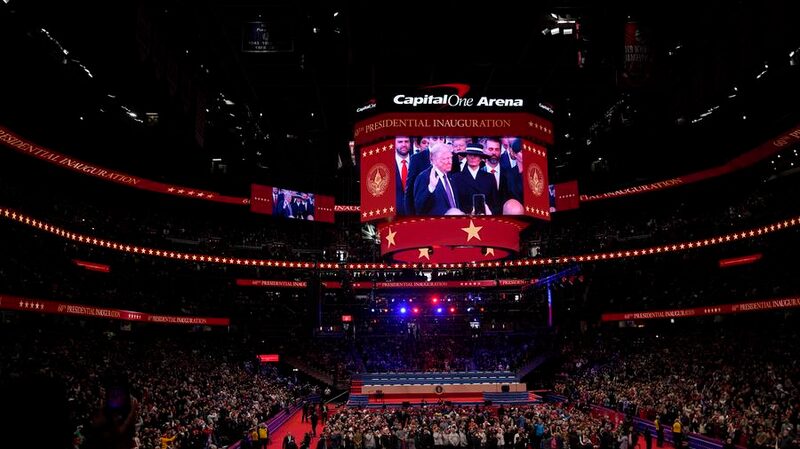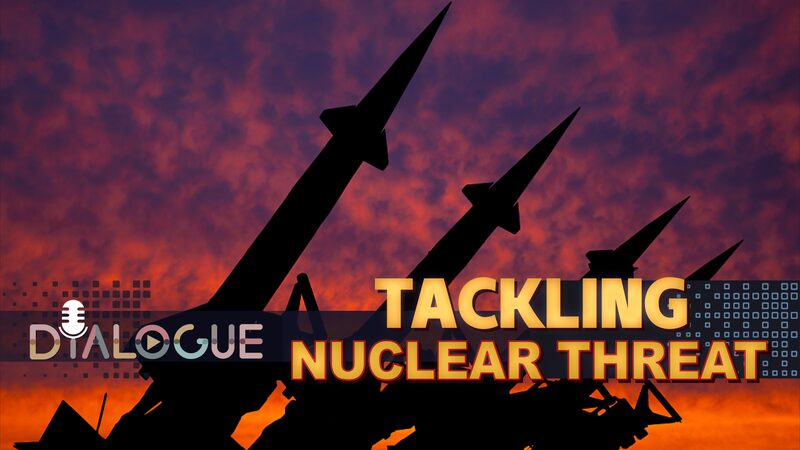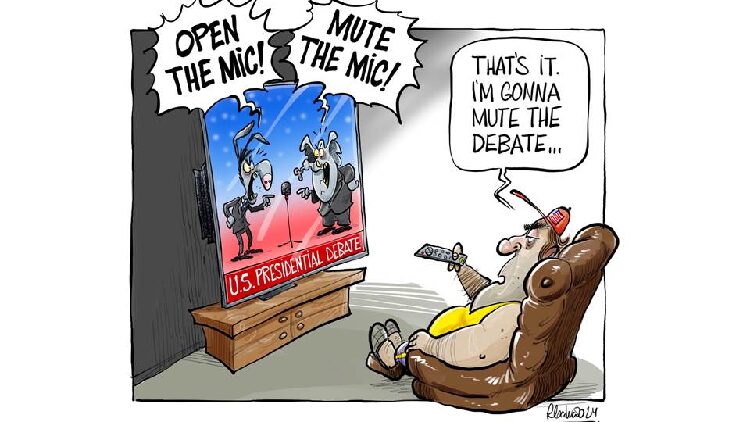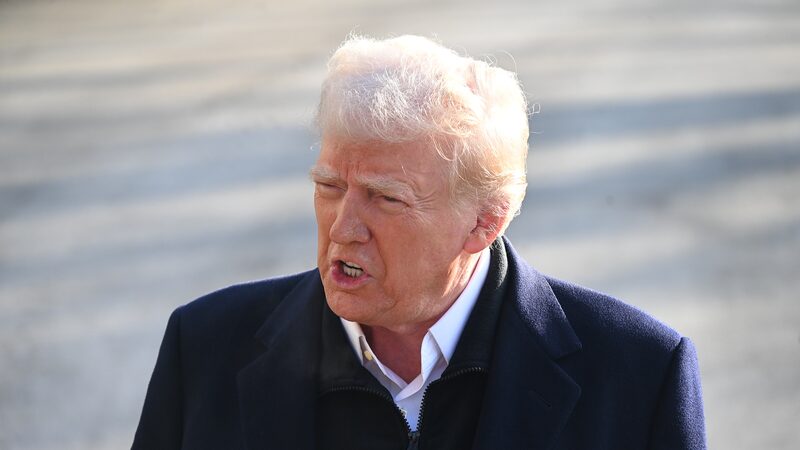The United States, a nation founded on the principles of free speech and press freedom, is currently facing significant challenges to these ideals. In a recent development, President Donald Trump announced that Associated Press (AP) journalists are being excluded from news conferences unless they comply with the administration's directives.
Specifically, the blockade stems from AP's refusal to adopt Trump's executive order from January, which mandates the renaming of the Gulf of Mexico to the Gulf of America. Despite the order, AP continues to use the traditional name, asserting the press's right to maintain editorial independence and choose its own terminology.
\"We're holding them out of any news conferences now,\" Trump stated, emphasizing the administration's stance to enforce its preferred nomenclature. This move has sparked a debate about the balance between governmental authority and journalistic integrity.
The press, guaranteed by the First Amendment of the U.S. Constitution, holds the right to free expression and the autonomy to report news without undue interference. The Associated Press has voiced strong opposition to the administration's actions, highlighting a perceived attack on the fundamental freedoms that underpin American democracy.
\"This targeted attack on the AP's editorial independence and ability to gather and report the news strikes at the very core of the First Amendment,\" the news agency declared, underscoring the gravity of the situation.
The ongoing tension raises important questions about the future of press freedom in the United States and the extent to which political leaders can influence or control media narratives. As this situation develops, stakeholders on both sides are closely monitoring the implications for journalistic practices and the broader democratic framework.
Reference(s):
cgtn.com


